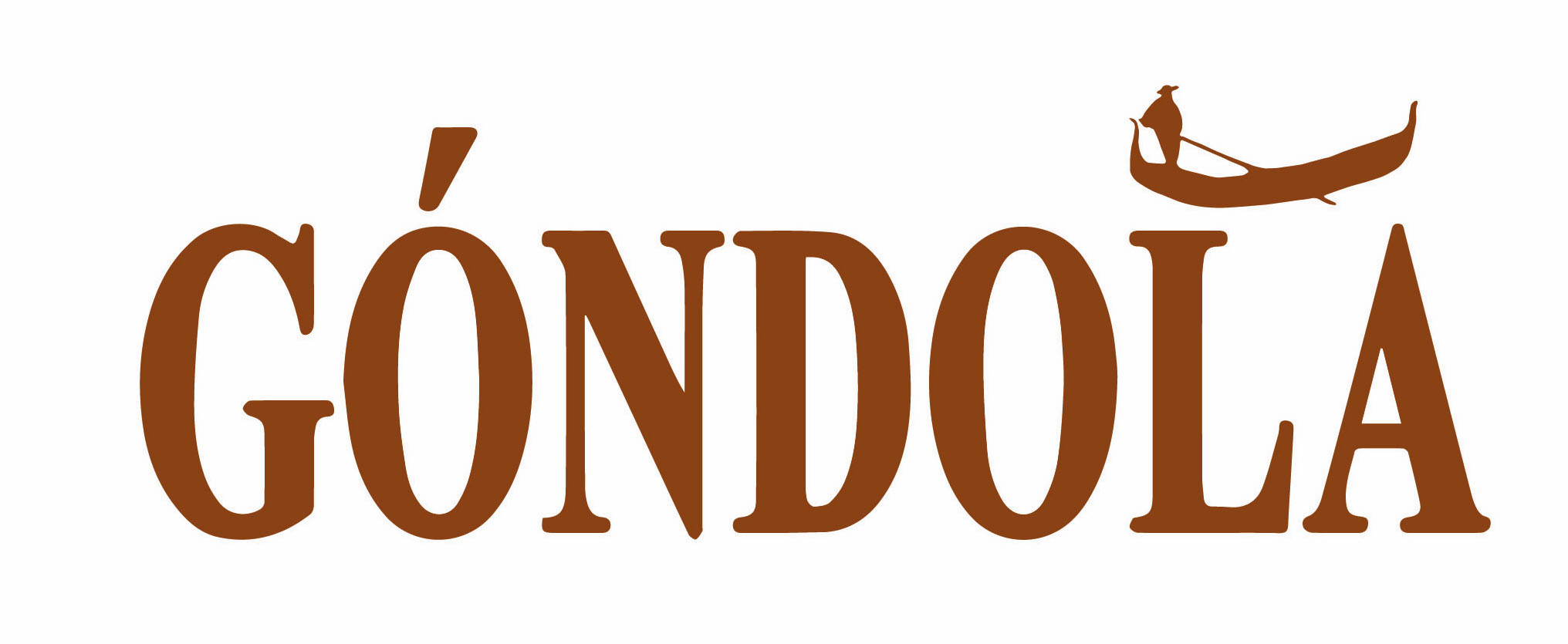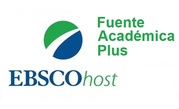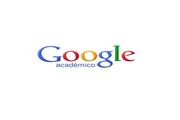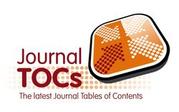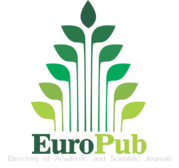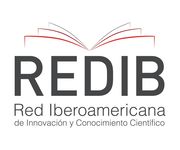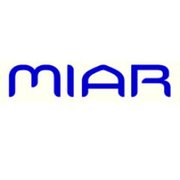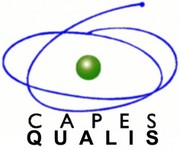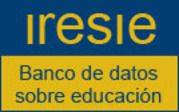DOI:
https://doi.org/10.14483/23464712.5297Published:
2006-01-01Propuesta alternativa para la enseñanza de la óptica
Alternative proposal for teaching optica
Keywords:
optics, camera, eye, Didactics, understanding (en).Keywords:
óptica, cámara fotográfica, ojo, didáctica, comprensión (es).Downloads
Abstract (es)
A través de clases donde la tecnología y la ciencia motiven al alumno a la atención y curiosidad por la adquisición y explicación de fenómenos tan cotidianos como los ópticos. Se pretende que el estudian-te tenga una formación interdiciplinar y didáctica acerca de los fenómenos ópticos partiendo de una propuesta como la construcción de una cámara fotográfica por si mismo, de esta manera, se interesará por preguntas semejantes a: ¿Cómo llega la imagen a nuestras cámaras? y entonces ¿Cómo llegaría en la luz a nuestros ojos como a nuestras cámaras?; etc. Así será más fácil e interesante el estudio de dichos temas tanto para el docente como para los estudiantes. Estas clases son creadas con base en la enseñanza para la comprensión Lo ideal es que el estudiante tenga la capacidad de aplicar lo visto en las diferentes clases para mejorar la construcción de su cámara fotográfica, de esta manera el docente sabrá si efectivamente comprendió aquellos fundamentos teóricos de la óptica, esto como fin de la labor docente.
Abstract (en)
We design a proposal of classroom work based on the relationship between science and technology to stimulate student's curiosity and to motivate the learning of everyday phenomena around the optics. It is intended that student has an interdisciplinary and didactic training about the optical phenomena starting from the construction of a camera, where questions arise such as; how the image reaches our cameras? And, does the camera work the same as our eyes? etc. We worked under the perspective of teaching for understanding. It is sought that the student has the ability to apply what is studied in different classes to improve the construction of his camera, in this way the teacher will know if they actually understood those theoretical foundations of optics.
References
Blythe, T. (1999) La enseñanza para la comprensión. Guía para el docente. Paidós 5
SERWAY, R (1997), física tomo II. México: McGraw Hill
http://www.exploratorium.edu/learning_studio/cow_eye/coweye.pdf EXPLORATORIUM, Cow’s eye dissection,
Castro, A, Simplicidad de la cámara estenopeica, Madrid.
Herrera, L, Fotografía estenopeica Revista, paginas, año
How to Cite
APA
ACM
ACS
ABNT
Chicago
Harvard
IEEE
MLA
Turabian
Vancouver
Download Citation
License
Gondola, Ens Aprend Cienc. is an open-access publication, free of charge for authors and readers. The publication, consultation or download of the contents of the magazine does not generate any cost for the authors or the readers, since the Francisco José de Caldas District University assumes the expenses related to edition, management and publication. The peer evaluators do not receive any economic retribution for their valuable contribution. The work of all the actors mentioned above is understood as a contribution to the strengthening and growth of the research community in the field of Science Education.
As of December 1, 2018 the contents of the journal are published under the terms of the Creative Commons License Attribution-Noncommercial- ShareAlike 4.0 International (CC-BY-NC-SA 4.0), under which others may distribute, remix, retouch, and create from the work in a non-commercial way, give credit and license their new creations under the same conditions.
The copyright holders are the authors and the journal Gondola, Ens Aprend Cienc. The holders retain all rights without restrictions, respecting the terms of the license in terms of consultation, downloading and distribution of the material.
When the work or any of its elements is in the public domain according to the applicable law in force, this situation will not be affected by the license.
Likewise, we encourage authors to deposit their contributions in other institutional and thematic repositories, with the certainty that culture and knowledge is a good of all and for all.



